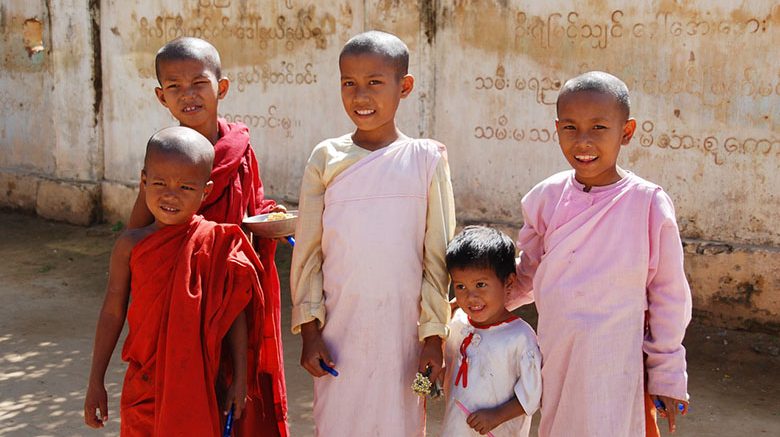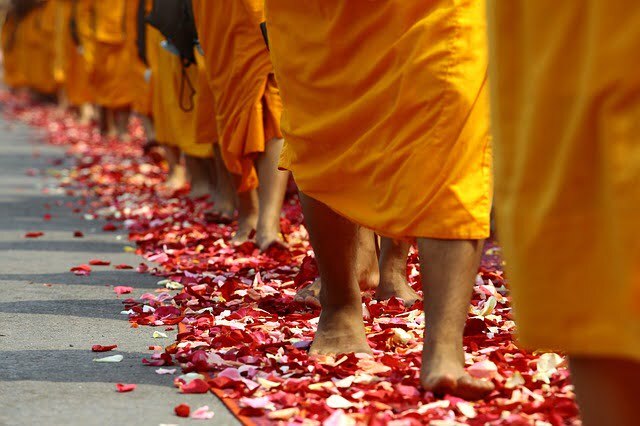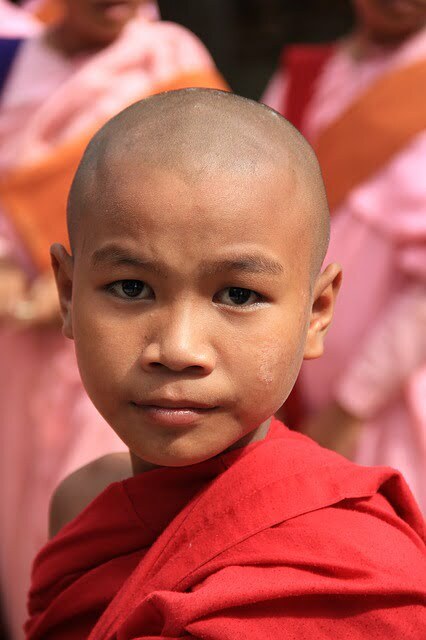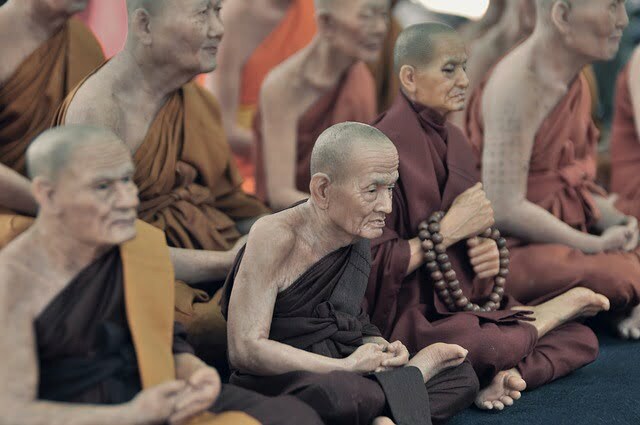Một nhà sư là một người thực hành tôn giáo khổ hạnh, sống một mình hoặc với bất kỳ số lượng các nhà sư khác. Một nhà sư có thể là một người đã quyết định dâng hiến cuộc đời mình để phục vụ tất cả các sinh vật khác, hoặc là một nhà tu khổ hạnh, người tự nguyện rời bỏ xã hội chính thống và sống cuộc đời của mình trong sự cầu nguyện và chiêm nghiệm. Khái niệm này rất cổ xưa và có thể được nhìn thấy trong nhiều tôn giáo và trong triết học.
Trong ngôn ngữ Hy Lạp, thuật ngữ này có thể áp dụng cho phụ nữ, nhưng trong tiếng Anh hiện đại, nó chủ yếu được sử dụng cho nam giới. Từ ni sư thường được dùng cho những nữ xuất gia.
Although the term monachos is of Christian origin, in the English language “monk” tends to be used loosely also for both male and female ascetics from other religious or philosophical backgrounds. However, being generic, it is not interchangeable with terms that denote particular kinds of monk, such as cenobite, hermit, anchorite, hesychast, or solitary.
In Eastern Orthodoxy, Oriental Orthodoxy, and Eastern Catholicism, monasticism holds a very special and important place:
“If in our daily life we can smile, if we can be peaceful and happy, not only we, but everyone will profit from it. This is the most basic kind of peace work.”
― Thich Nhat Hanh, Being Peace
“Angels are a light for monks, monks are a light for laymen”. The Orthodox Church measures its health by the quality of its monks and nuns. Orthodox monastics separate themselves from the world in order to pray unceasingly for the world. They do not, in general, have as their primary purpose the running of social services, as is common in Western Christianity,[citation needed] but instead are concerned with attaining theosis, or union with God.
However, care for the poor and needy has always been an obligation of monasticism, so Orthodox monasteries are not normally “cloistered” like some contemplative Western houses are, though the level of contact will vary from community to community. Orthodox hermits, on the other hand, have little or no contact with the outside world.
Orthodox monasticism does not have religious orders as are found in the West, nor do they have Rules in the same sense as the Rule of St. Benedict. Rather, Eastern monastics study and draw inspiration from the writings of the Desert Fathers as well as other Church Fathers; probably the most influential of which are the Greater Asketikon and Lesser Asketikon of St. Basil the Great and the Philokalia, which was compiled by St. Nikodemos of the Holy Mountain and St. Makarios of Corinth. Hesychasm is of primary importance in the ascetical theology of the Orthodox Church.




